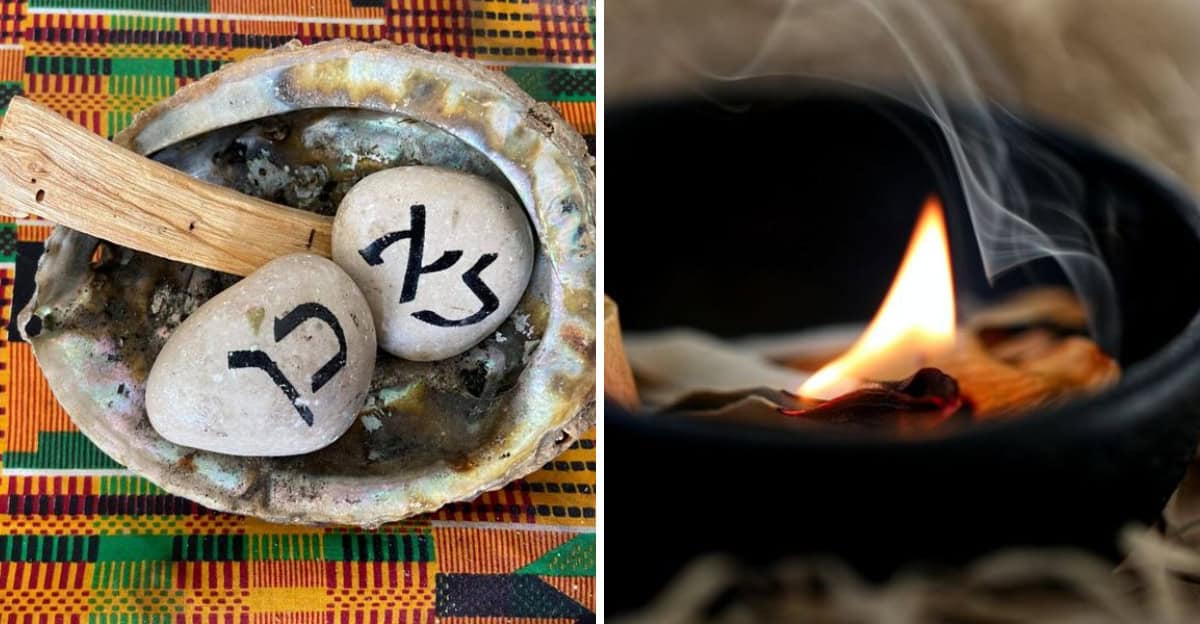Throughout history, ancient civilizations have sought ways to understand and predict the future.
From the mystical to the practical, various cultures employed unique methods to foresee events and make decisions.
Here’s an exploration of seven strange and surprising ways ancient people attempted to predict what lay ahead.
1. Haruspicy: Reading Animal Entrails
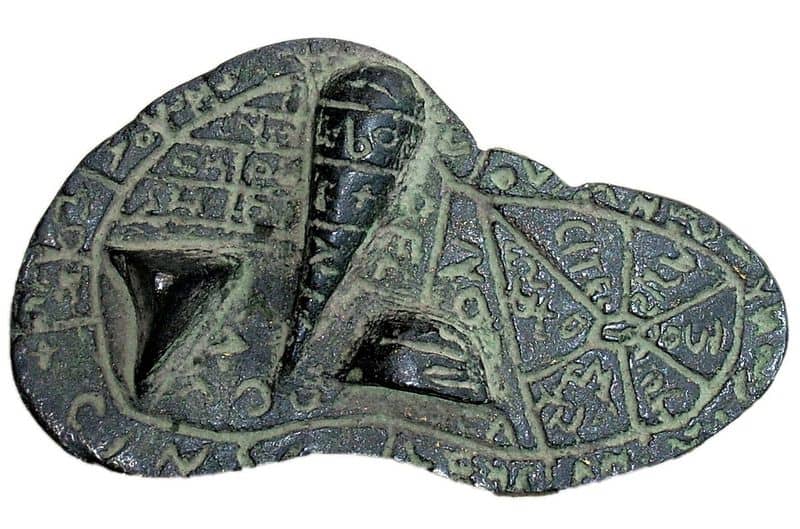
Haruspicy was an intriguing practice where priests, known as haruspices, examined the entrails of sacrificed animals, primarily sheep and poultry, to predict future events.
This method was prevalent in ancient Rome, where the condition of the liver and other organs provided signs and portents. The haruspices believed that the gods communicated through these signs, guiding them on matters ranging from warfare to agriculture.
Despite its seemingly gruesome nature, haruspicy was regarded as a sophisticated art, requiring years of training and profound spiritual insight.
2. Augury: Interpreting the Flight of Birds

Augury involved divining the future by observing the flight patterns and behaviors of birds.
This practice was deeply rooted in ancient Greek and Roman cultures, where augurs would interpret whether the gods were offering favorable or unfavorable signs. The type of bird, its direction, and behavior all contributed to the augur’s interpretation.
This seemingly simple method required immense skill and experience, as augurs were expected to accurately decipher the complex language of the avian world.
3. Casting Lots: Decision by Chance
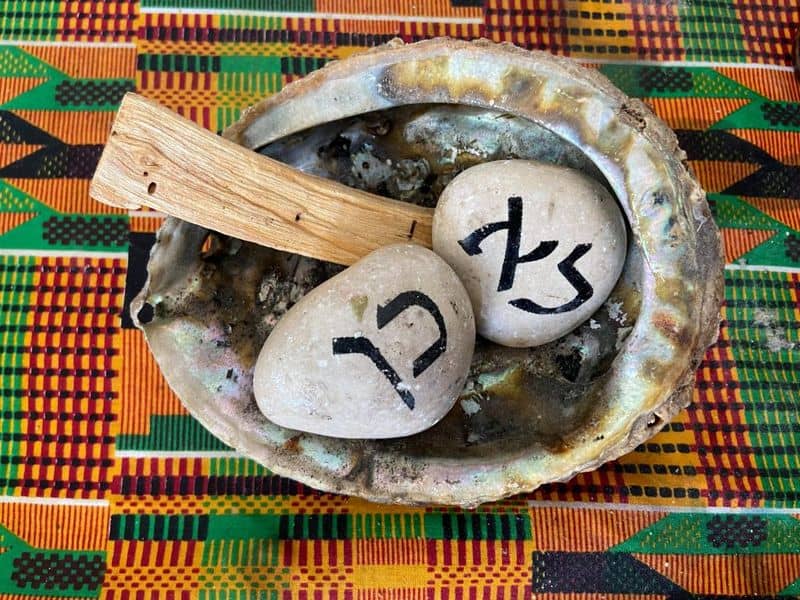
Casting lots was a simple yet profound method used across various ancient cultures to divine God’s will.
This technique, often involving stones or sticks, offered a way to make choices when human wisdom fell short. In ancient Israel, priests used lots to distribute land and make important decisions, trusting that God guided the outcome.
Though seemingly random, casting lots was a sacred practice, reflecting a deep faith in divine providence guiding everyday life.
4. Oracle of Delphi: Prophetic Insights
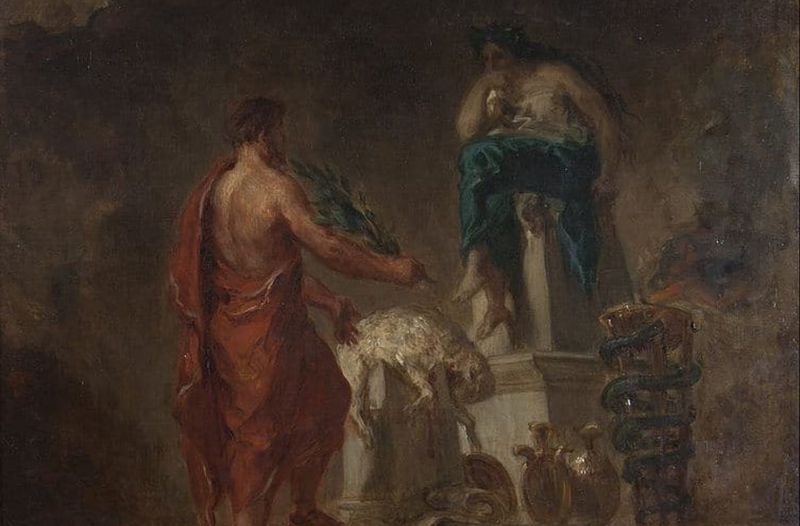
The Oracle of Delphi was the most prestigious and authoritative oracle among the Greeks.
The priestess, known as the Pythia, would enter a trance-like state, believed to be induced by vapors, to deliver cryptic prophecies. Rulers and commoners alike sought her guidance on various matters, including politics and warfare.
Her enigmatic pronouncements were interpreted by priests and held in high regard, influencing major decisions across the ancient world.
5. Astrology: Celestial Predictions
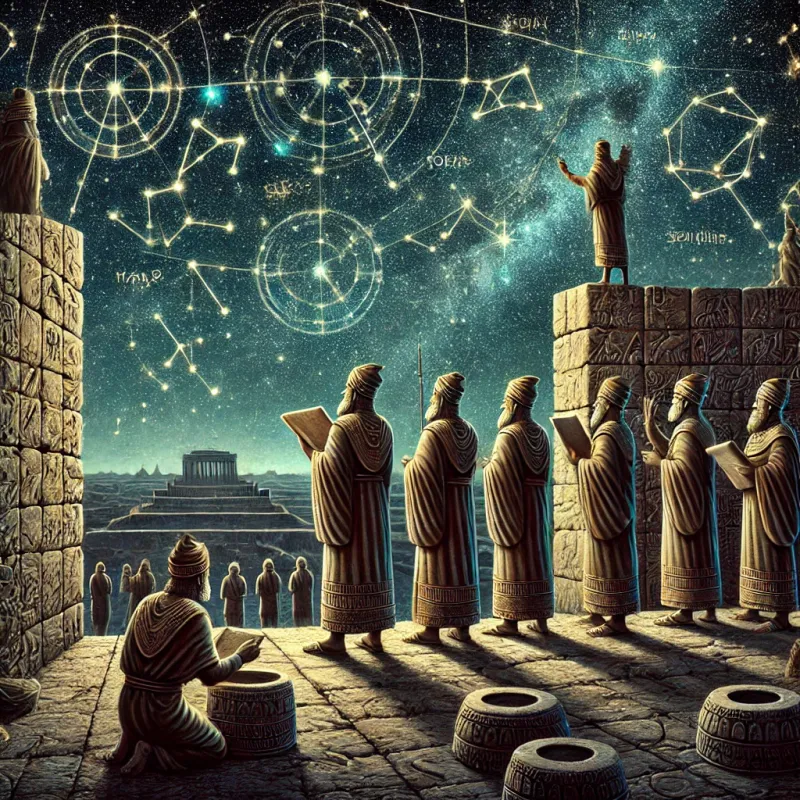
Astrology, the practice of interpreting celestial movements, was prominent in ancient Babylon.
Babylonian astrologers meticulously charted the stars and planets, believing that their positions influenced human affairs and natural events. This was not merely entertainment; kings depended on astrologers to guide political and military decisions.
Astrologers’ predictions were intricate, requiring knowledge of mathematics and astronomy, making astrology a respected and essential part of Babylonian society.
6. Dream Interpretation: Messages from the Divine

In ancient Egypt, dreams were considered divine messages, offering insights into the future.
Priests specialized in dream interpretation, using dream books that cataloged symbols and meanings. Pharaohs and ordinary citizens alike relied on these interpretations for guidance in personal and political matters.
This practice highlighted the importance of dreams in understanding the divine will, reflecting how ancient Egyptians perceived the unseen world influencing their reality.
7. Pyromancy: Reading Fire and Smoke

Pyromancy involved interpreting the shapes and movements of fire and smoke to predict future events.
Practiced in ancient China, pyromancy was a respected art requiring deep understanding and intuition. The diviner would observe the flames’ intensity and the smoke’s direction, believing they revealed celestial messages.
This method illustrated the ancient Chinese connection to the elements, showcasing their belief in nature as a conduit for divine wisdom.

